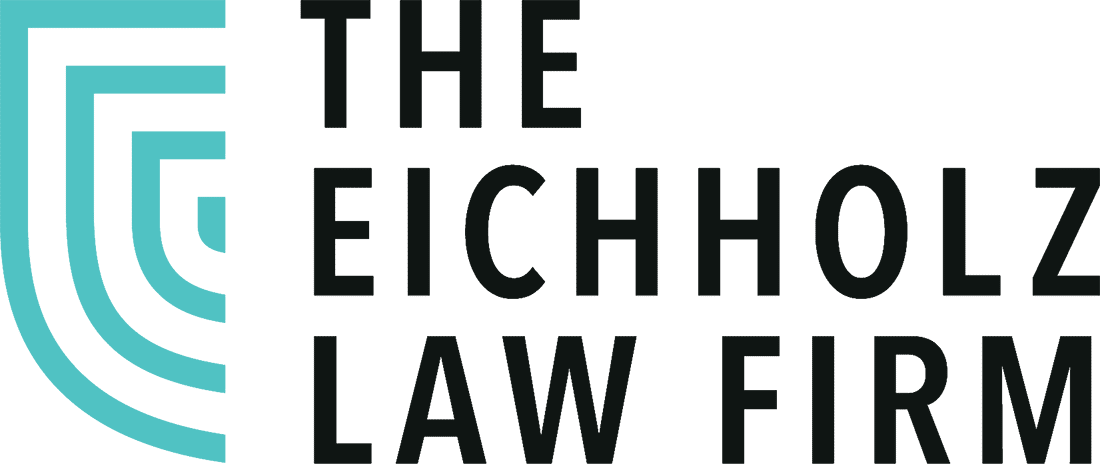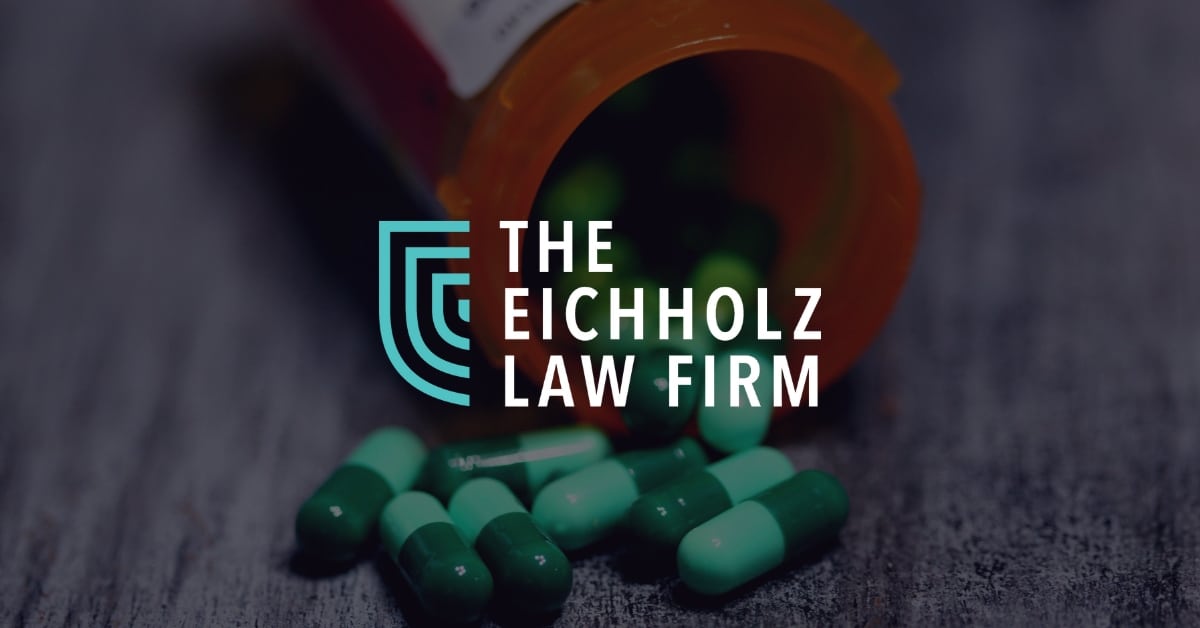Controversy has surrounded both Hyland’s Homeopathic Teething Pills and Gel and Humphrey’s Homeopathic Teething Tablets for years, now.
In 2010, labeling inconsistencies led to a full-blown homeopathic teething product recall stemming from “truth in advertising” infractions, according to Food and Drug Administration (FDA) guidelines. In September 2016 the FDA issued severe warnings against using these products, namely Hyland’s Teething Tablets, as they could potentially cause seizures.
Both manufacturers vehemently deny that their products are unsafe, especially when taken according to packaging directions or on the advice of a physician.
What is Homeopathy?
Most organisms strive for a sense of balance or equilibrium called homeostasis. “Homeo” is the root word meaning “similar to” and “pathy” is the suffix meaning “feeling or suffering”. The term “homeopathy” was first coined by German scientist Samuel Hahnemann in 1789. Though initially not widely popular and historically denied as real medicine, word of mouth testimonials helped the movement gain popularity. Flash forward to today, and homeopathy is commonly recognized as a worthwhile medical pursuit.
According to Merriam-Webster, Homeopathy is “a system of medical practice that treats a disease especially by the administration of minute doses of a remedy that would in larger amounts produce in healthy persons symptoms similar to those of the disease,” the goal of which is to return a person’s body to a state of health and balance. These treatments are derived from plants, minerals, or animals and ultra diluted through very specific processes. While homeopathy is considered a medical practice, many champions of modern medicine consider the practice unsafe and deceptive.
In broad terms, if one were to compare the alternative and modern approaches to medicine, alternative medicine considers the whole being and modern medicine focuses primarily on the disease or abnormality, itself.
Why were Humphrey’s Homeopathic Teething Tablets Recalled?
Even though Humphrey’s homeopathic teething tablets were the basis of a class action lawsuit settled in 2013, the tablets were never actually recalled. Hyland’s homeopathic teething tablets, on the other hand, were recalled in 2010 due to one of the ingredients: belladonna.
Belladonna is a plant containing chemicals known to be toxic to humans. It even features nicknames like ‘Devil’s Herb’ and ‘Deadly Nightshade.’ The claim was that due to inconsistent amounts of belladonna, the remedy was simply unsafe. In response, Hyland’s introduced a slew of new safety measures. They offered child resistant caps, manufactured varying strengths of the medicine, and conducted thorough evaluations of their production processes guided by the FDA’s own, updated guidelines for homeopathic remedies. The company maintains to this day that their product was always safe.
While Humphreys teething remedy is no longer available and does not list the active ingredients on the website, Hyland teething tablet ingredients are listed clearly on their website. The product is no longer being distributed in the United States but does list ordering information. Both companies maintain that their products were always safe, especially when taken as directed according to packaging. Both companies also provide substantial information on the practice of homeopathy and other homeopathic remedies.
What Does the FDA Say Now?
In September of 2016 the FDA issued a warning against the use of homeopathic teething tablets and gels. They are currently testing the products for efficacy and investigating the claims made by some consumers that their children suffered adverse reactions ranging from “constipation” and “skin flushing” to “seizures” and “difficulty breathing”.
Are there currently any legitimate claims against Hyland’s regarding Teething Tablets? As of January 2016, according to one source, the class action suit against Hyland’s and its parent company, Standard Homeopathic Company, is still pending. The filing alleges “false advertising.” Hyland’s strongly denies this claim.
As is often the case with these types of decisions, it falls ultimately on consumers to gather all of the information they can, from reputable sources, and weigh it against their own understanding and that of their personal healthcare providers.

